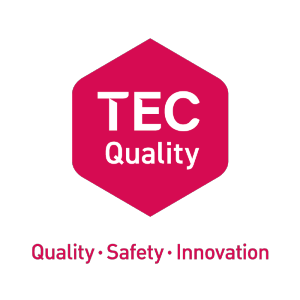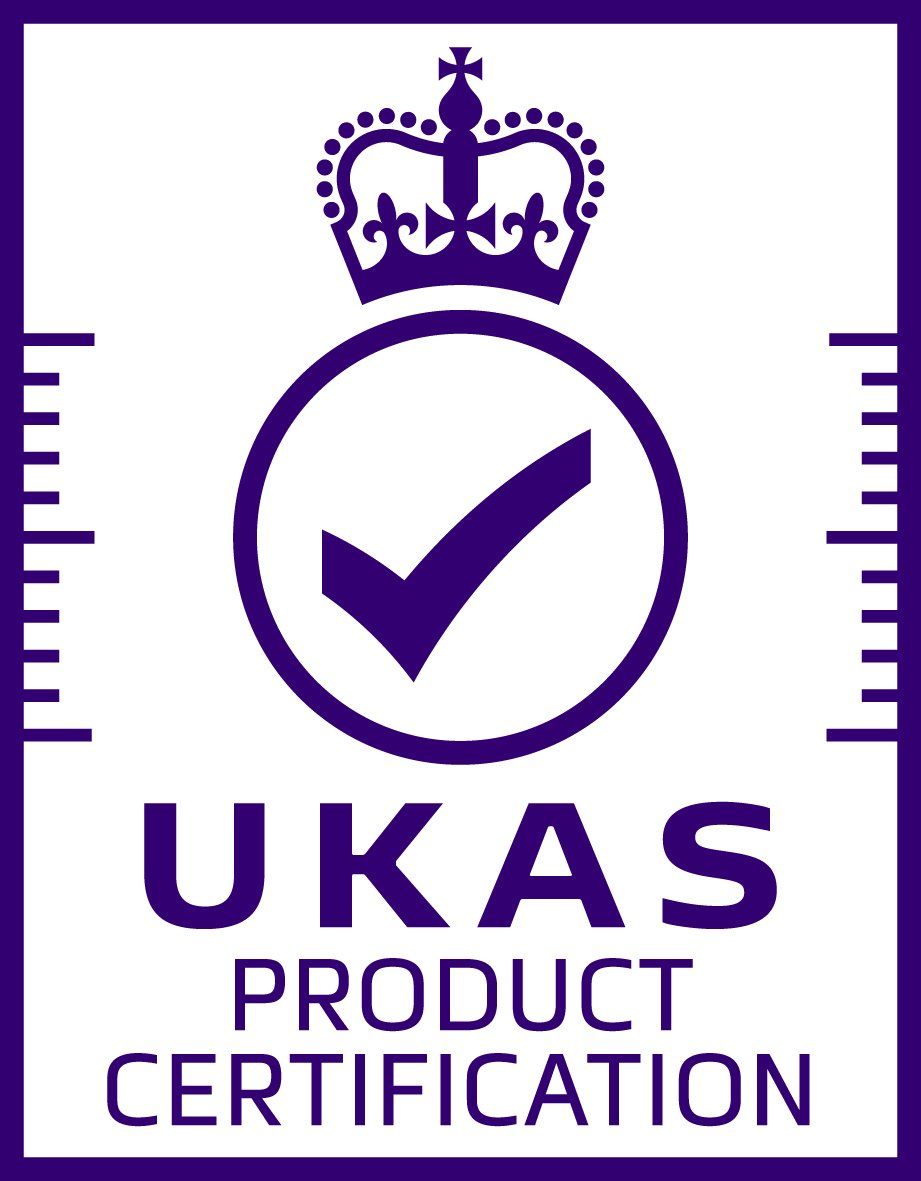Professionalising the TEC Workforce: Sector-Wide Training for a Stronger Future
Driving Standards, Supporting Innovation, Empowering the Workforce
Empowering People Through Standards: Workforce Training for the TEC Sector
Click here to view the Price Banding for E-Learning Modules
Click here to view the Frequently Asked Questions sheet
TEC Quality LMS E-Learning Workshop - 21st May 2025
Click here to view the Administrator/Trainer Workshop for LMS recording
Click here to view the Questions from the LMS E-Learning Workshop
Click here to view the TEC Quality Core Competency Training Guidance
With over 131,000 vacancies in Adult Social Care and a projected need for 540,000 new roles by 2040, the sector faces unprecedented pressures. As highlighted by the Skills for Care Workforce Strategy and the Association of Directors of Adult Social Services (ADASS) has called for innovative solutions where technology is pivotal.
At the heart of this change is TEC Quality’s training programme, designed to standardise practice, raise service quality, and futureproof workforce competency – all through an accessible, scalable, and cost-effective e-learning model.
Why This Training Matters
- Standardise and align service quality across the TEC Sector to support sector-wide improvement
- Provide scalable, cost-effective training that offers value at reduced cost per head
- Futureproof workforce competency to meet evolving sector standards and expectations
- Improve staff retention through consistent, high-quality training and a clear investment in workforce development
- Build staff confidence and capability, leading to better job satisfaction and reduced turnover
- Support recruitment by professionalising the workforce and offering a standardised skills base
- Reduce risks of poor service outcomes and improve safety and care quality for individuals
- Use continuous feedback and evaluation to ensure training remains relevant and based on best practice
- Leverage the QSF audit process (UKAS-accredited) to identify sector challenges and drive training updates to mitigate frontline risk
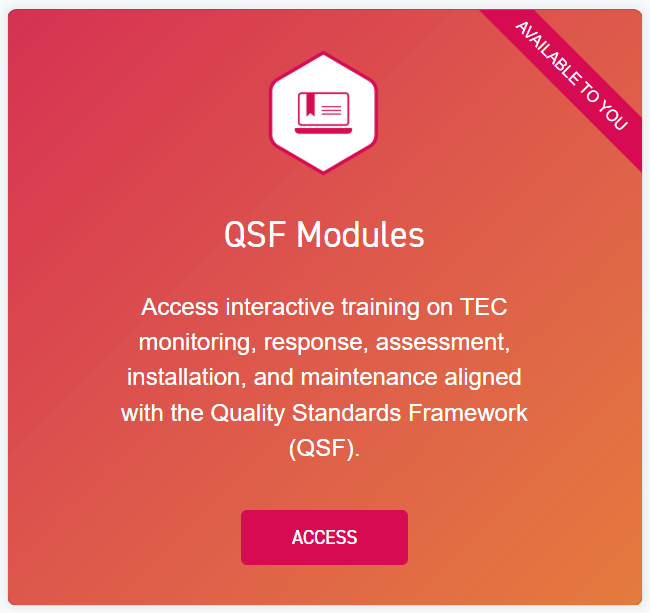
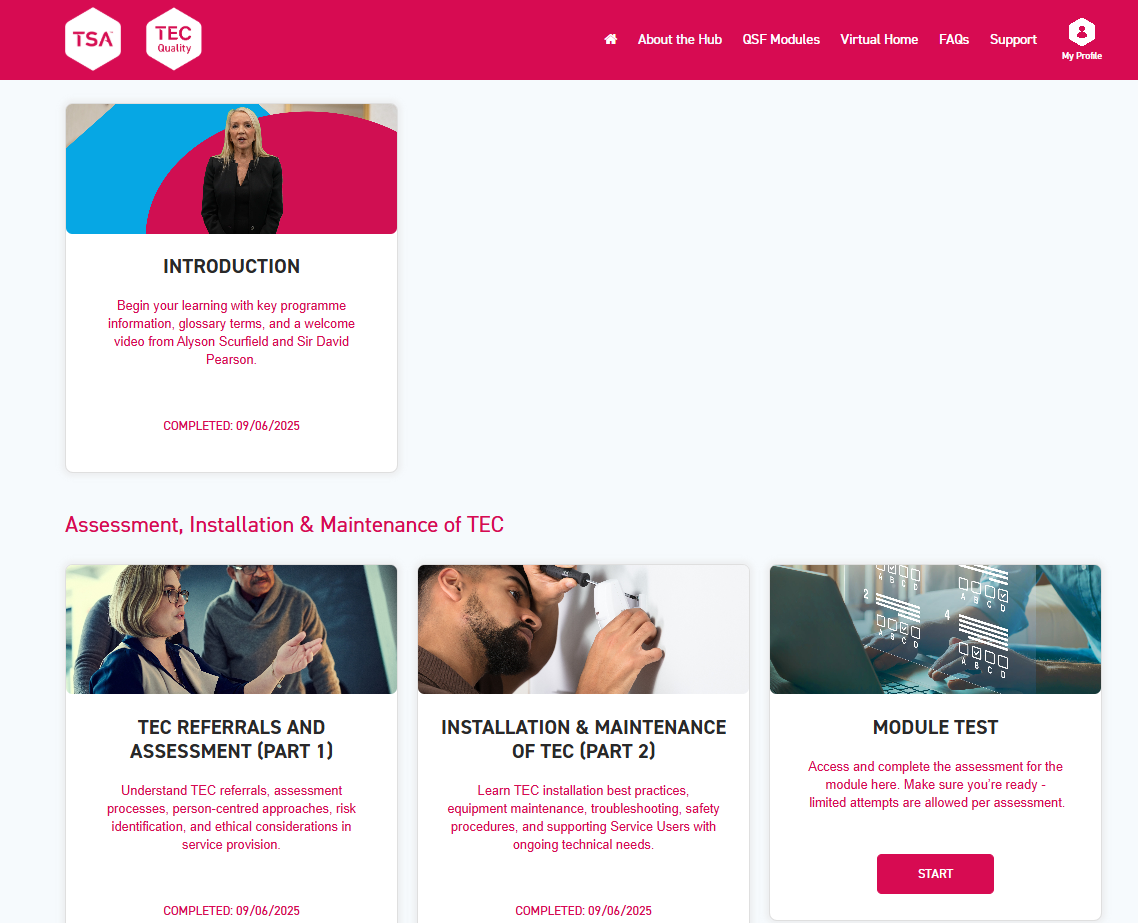
Co-Produced for Quality and Relevance
This training programme has been co-designed by sector experts through the Innovation and Challenge Group, with input from Local Authorities, private providers, and commissioners. It is grounded in real sector needs and informed by audit feedback, risk data, and best practice.
The course comprises three interlinked modules, ensuring that core TEC roles – including assessors, installers, and monitoring staff – understand how their responsibilities align to ensure the best possible outcomes for service users.
Sector Engagement and Continuous Improvement
- Ongoing collaboration with the TEC sector to support co-design and refinement of the training
- Commitment to continuous improvement to maintain high quality and value for money
- Sector input will be gathered through the TSA Sector Risk and Innovation Group (SRIG) and Innovation and Challenge Group (ICG) work programmes
Benefits of Standardising Training for the TEC Sector
- Is CPD-accredited, enabling learners to earn credits and support professional development
- Flexible and accessible e-learning format suitable for shift-based TEC roles
- Cost-effective approach for organisations, allowing scalable workforce training
- Ensures consistent assessment of knowledge, skills, and competence across the sector
- Training is complementary to in-house induction and policies (e.g. HR), not a replacement
- Recognises interdependencies between TEC roles, promoting whole-system understanding and best practice
- Designed as a complete module set to reflect role overlaps and shared responsibilities
- Offers a transportable qualification, aiding career development and workforce mobility
- Developed using best practice and audit insights, underpinned by strong learning design
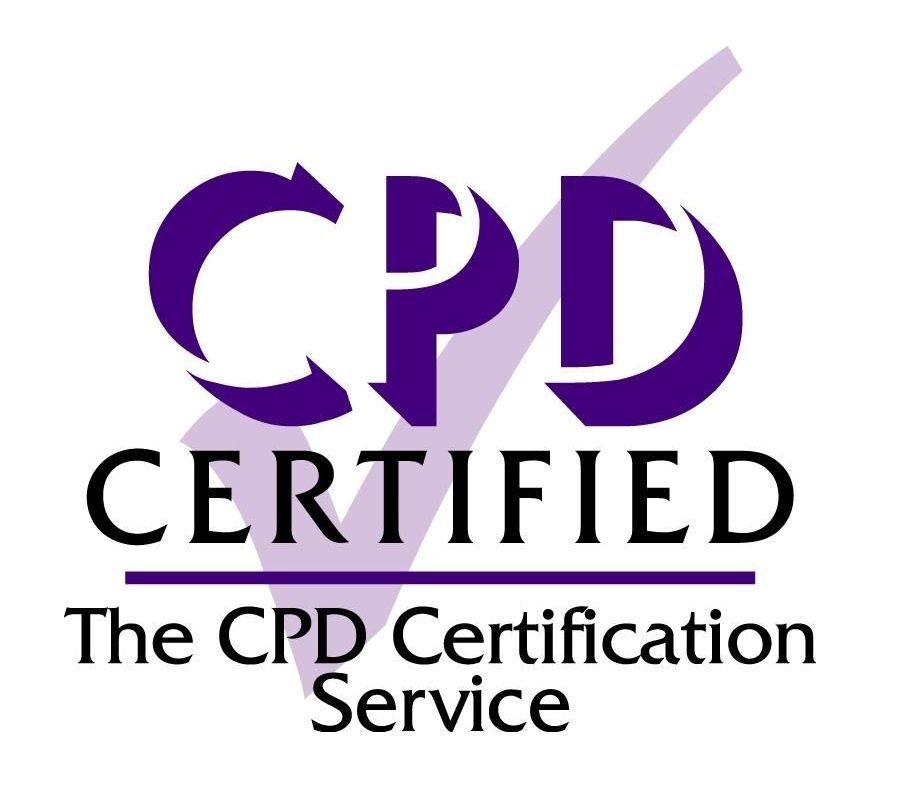
Training Model and Programme Overview
- Available only to organisations completing the QSF, aligning with QSF processes
- Mandatory from June 2025 for QSF participants
- Annual updates to ensure relevance and alignment with sector risk trends and audit findings
- Supports professionalisation of the TEC sector with transferable skills
- Designed to replace more expensive, inconsistent training across the sector
- Content available via 12-month access cycles, starting in either June (Cohort 1) or January (Cohort 1a)
- Early access possible for January Cohort if required
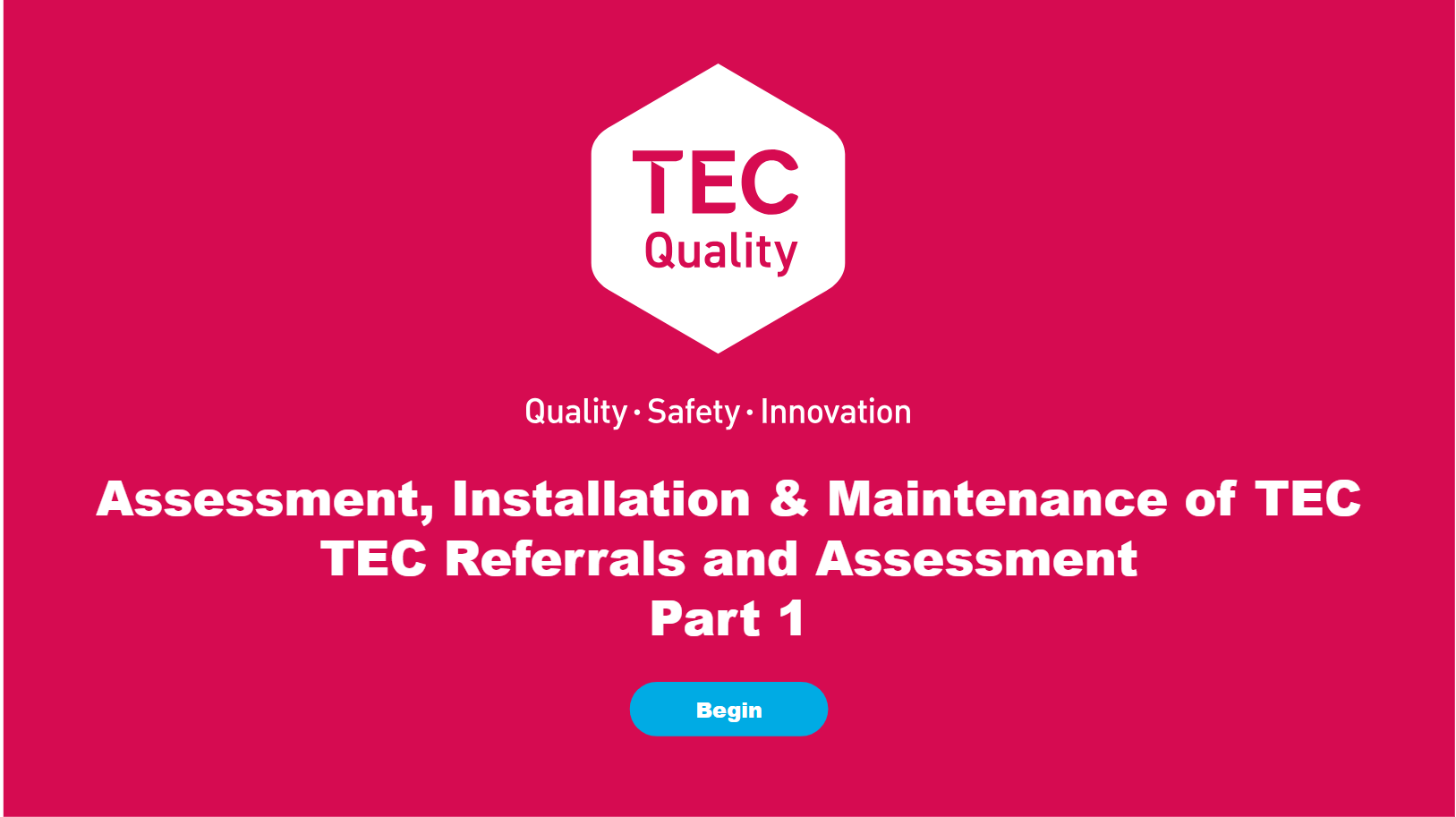
Learning Management Portal & Reporting
- User-friendly LMS designed for easy learner navigation
- Each organisation is assigned two administrators to manage learner access (add/remove via individual entry or CSV upload)
- Managers can be given access to monitor team progress
- Each module ends with a multiple-choice assessment (randomised questions from a question bank)
- Pass mark is 83% (10 out of 12 questions)
- Learners have two attempts; if both are failed, LMS locks for 3 days and notifies the manager for support
- After 3 days, learners have one final attempt
- The LMS tracks number of attempts and includes embedded knowledge checks to reinforce learning
- Reporting tools allow managers to view learner status (e.g. not started, in progress, completed)
- Reports are downloadable and can be used as audit evidence, including exceptions like sickness or maternity leave
Certification Process
- Learners receive a certificate updated with each completed module
- Upon completing the course and evaluation, a final certificate shows:
- Learner’s name
- Completion date
- Confirmation of all 3 modules completed
- Certificates include a QR code to verify authenticity
- Over the four-year programme, learners can collect four certificates (one per year)
